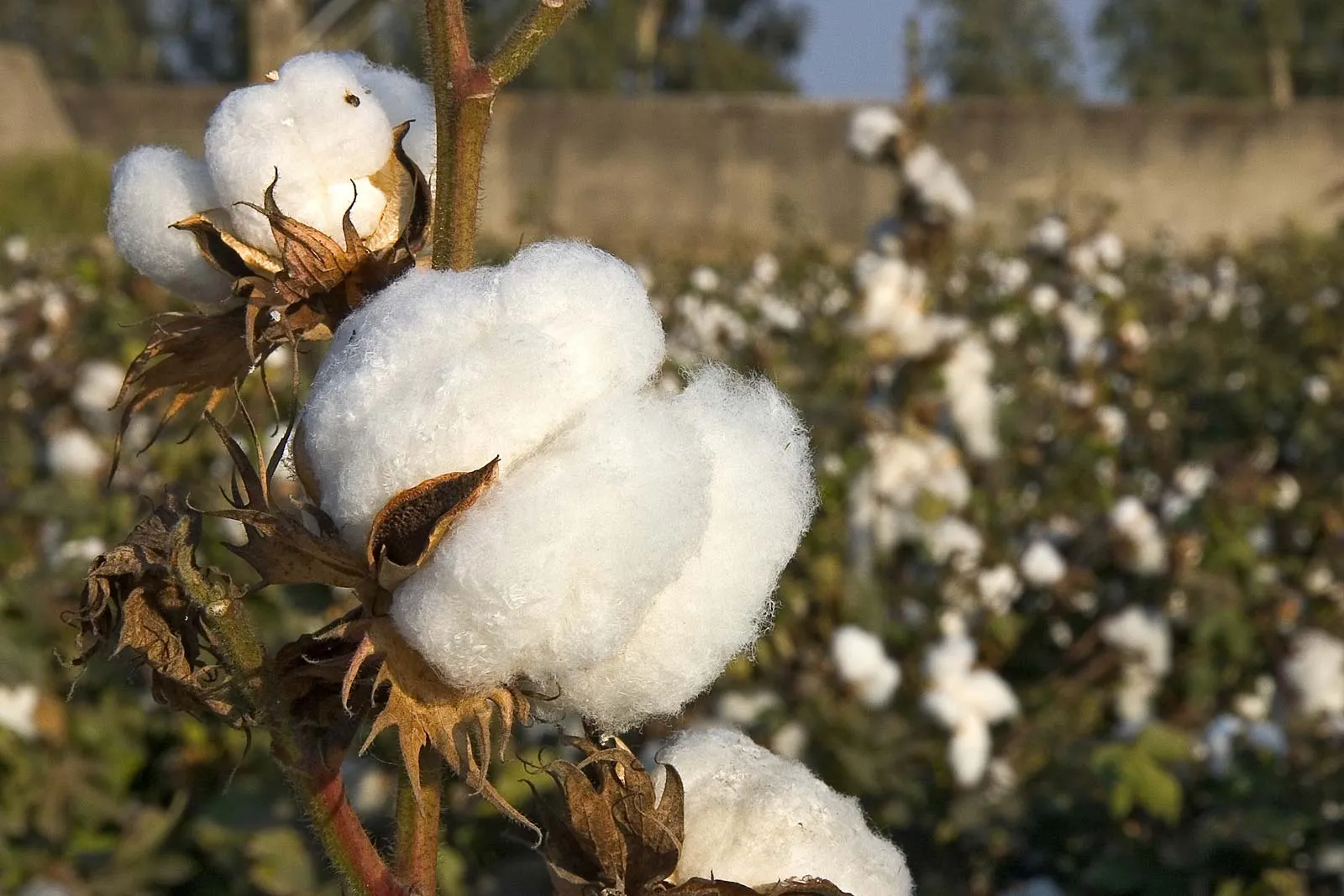Organic Cotton Farming vs. Conventional: Saving The Planet and Lives
Cotton is everywhere—from the clothes we wear to the sheets we sleep on. But behind that soft, everyday fabric lies a harsh reality: conventional cotton is one of the most environmentally damaging and socially harmful crops in the world.
On the other hand, organic cotton offers a cleaner, healthier, and more ethical alternative. Here’s why making the switch matters—not just for the planet, but for the people who grow it.
1. Organic Cotton is Better for the Planet
Conventional cotton farming relies heavily on synthetic pesticides, insecticides, and fertilizers. Even though cotton covers just 2.5% of global farmland, it uses 16% of the world’s insecticides—making it into the big leagues with corn, soy beans and potatoes. These chemicals contaminate waterways, degrade soil health, and destroy local ecosystems.
Organic cotton farming, by contrast, uses natural methods like crop rotation, composting, and beneficial insects to protect crops. Without synthetic chemicals, organic farms promote healthier ecosystems and protect precious water supplies.
Environmental Wins of Organic Cotton:
- Uses 91% less water than conventional cotton.
- Produces up to 46% fewer carbon emissions.
- Builds healthier, more resilient soil that can actually store carbon and fight climate change.
2. Organic Cotton Saves Lives
Conventional cotton doesn’t just harm the environment; it harms people. Pesticide exposure from conventional cotton farming has been linked to chronic health problems like respiratory issues, skin diseases, and even cancer. This goes for all conventional agriculture but very present in cotton.
But the most tragic example of this harm is happening in India, one of the world’s largest cotton producers.
The Farmer Suicide Crisis
Over the past two decades, hundreds of thousands of Indian farmers have died by suicide—and many of these cases are directly linked to conventional cotton farming. Farmers are often lured into buying expensive genetically modified (GM) cotton seeds and the chemical pesticides they require. When crops fail due to pests, droughts, or mounting soil degradation, the farmers are left trapped in debt they cannot repay.
With no way out, too many see no other option. According to data from the National Crime Records Bureau of India, over 300,000 farmers have taken their own lives since the 1990s, with cotton farmers being disproportionately affected.
Organic cotton can help break this cycle. By eliminating expensive chemical inputs and focusing on sustainable, traditional farming techniques, organic cotton reduces costs, improves soil health, and supports more reliable harvests. This empowers farmers to regain control over their livelihoods and avoid crushing debt.
An excellent documentary I’ve been recommending for years on this subject is the Cotton Road(2014).
3. Organic Cotton Conserves Water
Water scarcity is one of the most pressing issues of our time. Conventional cotton is infamously water-intensive, requiring about 2,700 liters of water to make just one cotton t-shirt.
Organic cotton farms use water much more responsibly. Thanks to healthier soils and chemical-free farming, organic cotton:
- Relies more on rain-fed irrigation.
- Retains moisture better in the soil.
- Prevents waterway pollution from runoff.
This is critical in countries like India, where water shortages are already a daily struggle. Unless you are voting for a party with supporters in Nestle – this is an everyone problem. Water is an everyone issue.
4. Supporting Organic Cotton Means Supporting Fairer Trade
Many organic cotton certifications go hand in hand with fair trade standards, ensuring that farmers are paid fairly, work safely, and aren’t trapped in exploitative cycles. In contrast, conventional cotton supply chains are often linked to child labor, forced labor, and extreme poverty. The sad reality is that slavery is still an issue around the entire world it is just masked as cheap labor. Where applicable look for the Fair Trade logo.
Vote With Your Dollar
Every time you choose to purchase organic cotton—whether it’s in your t-shirt, bedding, cotton balls, quilting batting, tampons or tote bag—you’re making a choice that helps:
- Protect the planet.
- Keep farmers and their families healthy.
- Conserve water.
- Support ethical trade.
- Prevent farmer exploitation and reduce the risk of farmer suicides.
Switching to organic cotton is a small action that carries world-changing power. So next time you’re shopping, check the label and choose organic. If you look closely you’ll find at least 1 brand of organic cotton in some capacity at any store, including Wally World.


